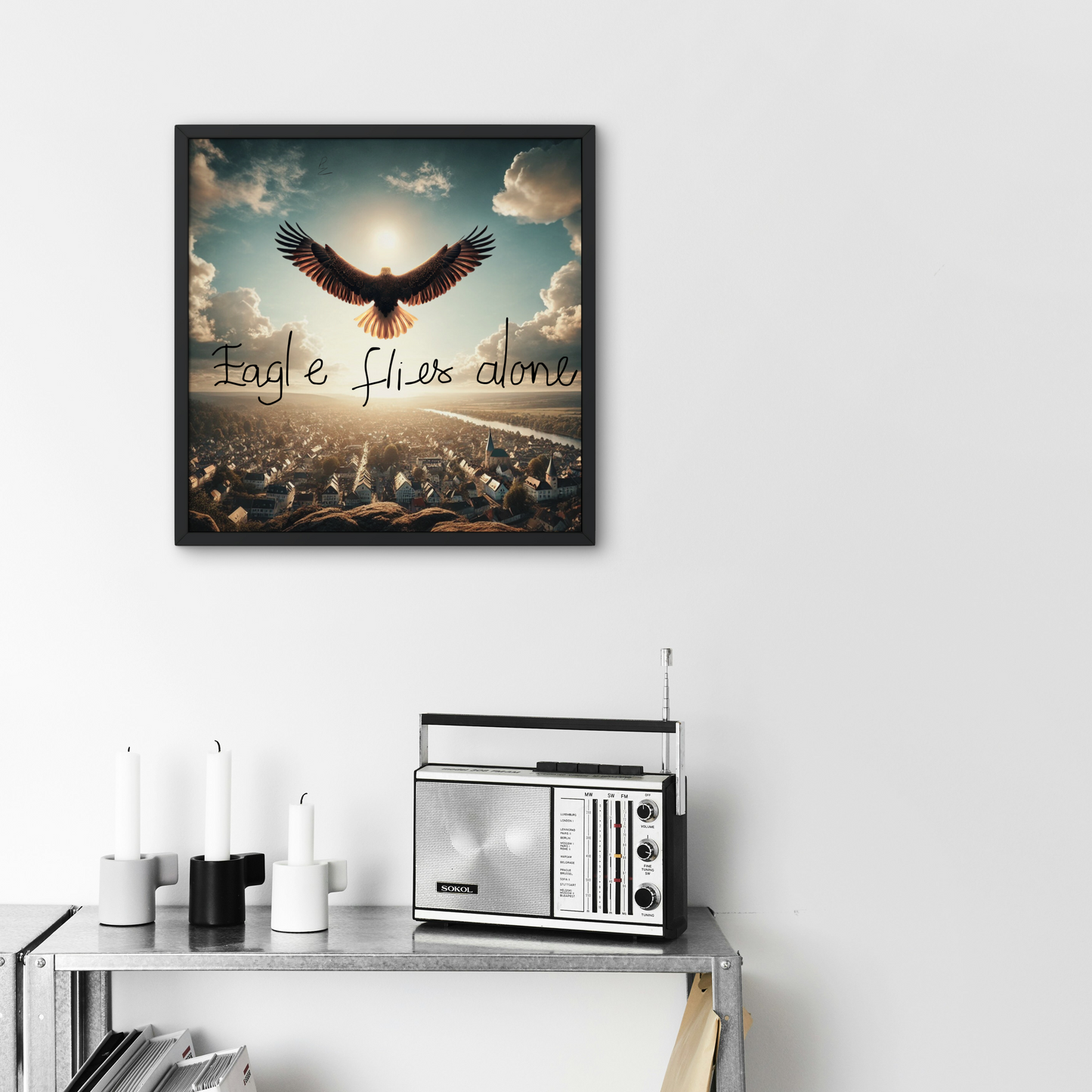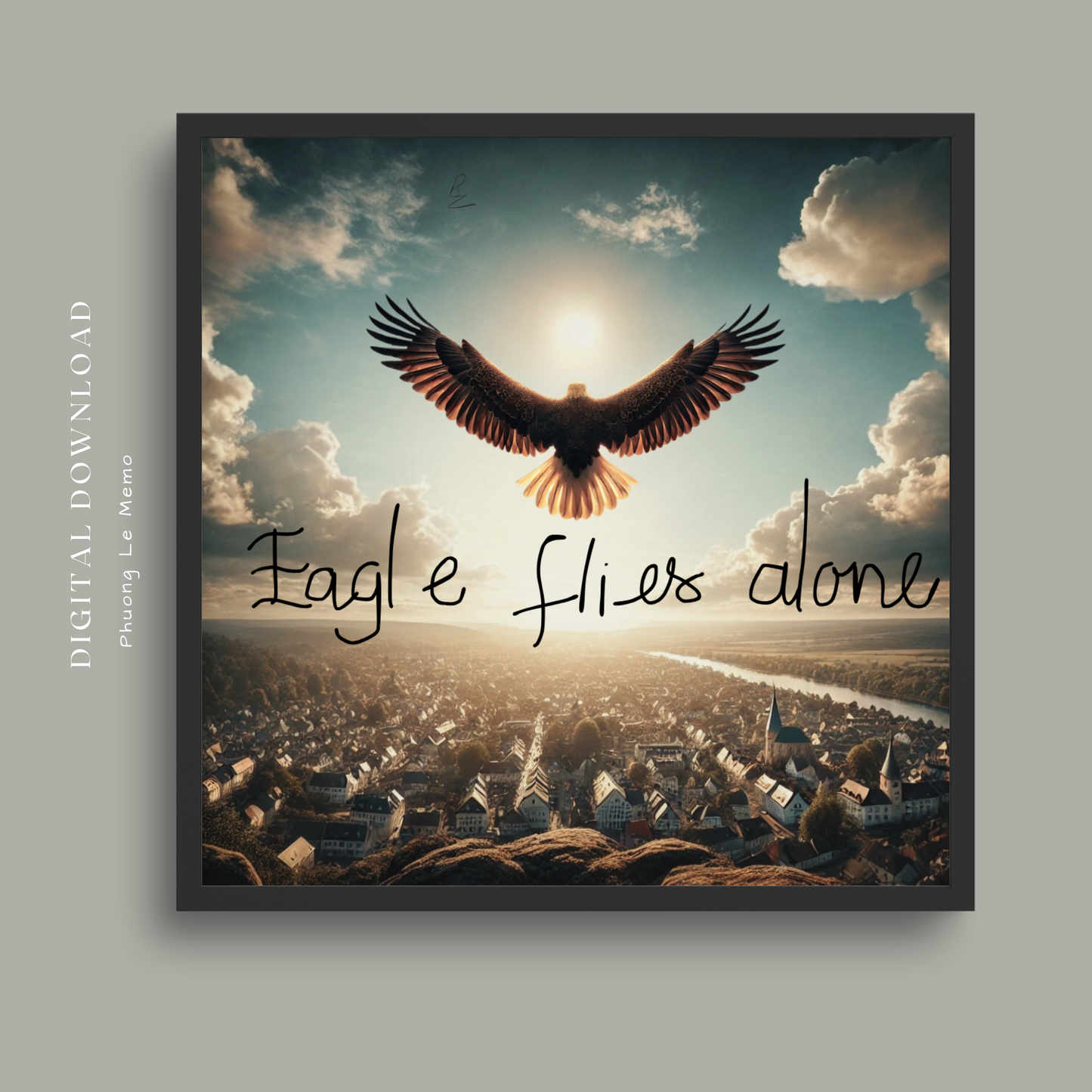
Why does F*ceb**k decrease self-esteem?
F*ceb**k (and social media in general) can decrease self-esteem for several psychological and social reasons:
1. Comparison Trap
- People often post curated, highlight-reel versions of their lives.
- Seeing others' achievements, vacations, and seemingly perfect lives can make you feel like you’re falling behind.
- This leads to social comparison, making you feel inadequate or unsuccessful.
2. Validation Dependence
- Likes, comments, and shares create a reward system similar to gambling.
- If a post doesn’t get much engagement, you might feel ignored or unworthy.
- Over time, self-worth can become tied to online approval.
3. Fear of Missing Out (FOMO)
- Seeing friends hang out without you can trigger feelings of loneliness and exclusion.
- This can lead to overthinking, self-doubt, and feeling like you’re not part of something important.
4. Toxic Negativity & Cyberbullying
- Negative comments, online drama, or bullying can significantly lower self-esteem.
- Even passive-aggressive posts from acquaintances can impact mental well-being.
5. Distorted Beauty & Success Standards
- Filters, editing apps, and staged photos create unrealistic body and lifestyle expectations.
- Constant exposure can lead to dissatisfaction with one's appearance or achievements.
6. Doomscrolling & Mental Fatigue
- Overexposure to bad news, political debates, and negative discussions can drain energy.
- This can make you feel powerless or unmotivated, affecting self-confidence.
7. Addiction & Productivity Guilt
- Spending too much time scrolling can lead to feelings of guilt for not being productive.
- The cycle of procrastination and self-criticism lowers self-esteem over time.
How to Protect Your Self-Esteem on Facebook
- Limit screen time and take breaks.
- Follow uplifting, positive content.
- Remind yourself that social media isn’t real life.
- Focus on your own journey rather than comparing yourself to others.
- Engage more in real-life connections and activities that make you feel good.






















